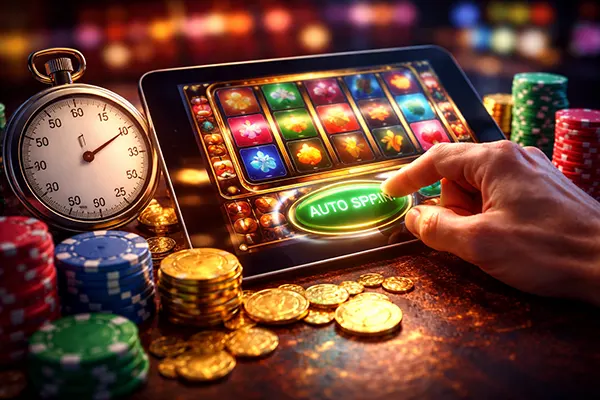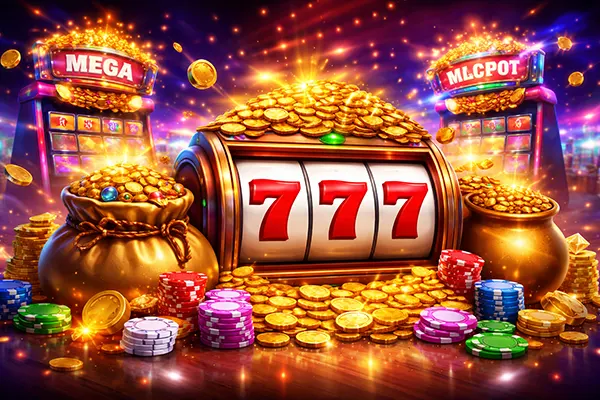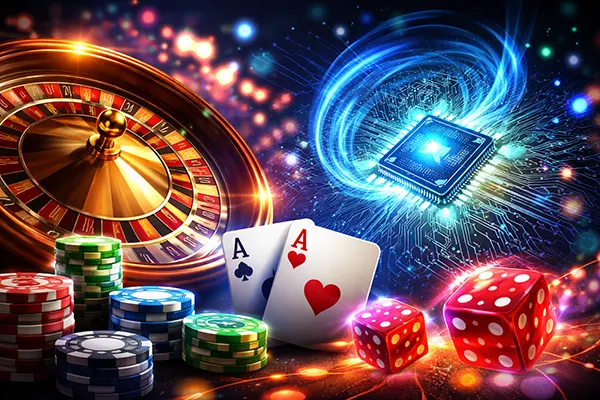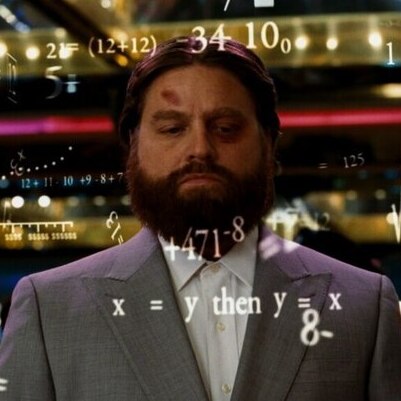
The Essence of Probability in Gambling: A Deep Dive
In the bustling world of online gambling, platforms like play-uzu.com have gained traction among enthusiasts. While the thrill of gambling lies in its unpredictability, the key to making informed bets is a solid grasp of probability. This article delves deep into the concept of probability in gambling, allowing both novice and seasoned players to play smarter.
What is probability?
Probability, at its core, represents the likelihood of an event occurring. It quantifies how likely a specific outcome will happen in a given set of circumstances. From flipping coins to spinning roulette wheels, every random event can be analyzed using probability.
How to calculate the probability of an event in a gambling game?
The probability of an event in gambling is the ratio of the number of favorable outcomes to the total possible outcomes. In mathematical terms:
Probability (P) = Number of favorable outcomes/ Total possible outcomes
How is the probability of an event expressed?
Probability can be showcased in multiple ways:
- As a fraction: The simplest representation, like 1/6, which indicates one favorable outcome out of six possible outcomes.
- As a decimal: A conversion of the fraction, e.g., 1/6 becomes approximately 0.1667.
- As a percentage: Multiplying the decimal representation by 100 gives the percentage probability. For instance, 0.1667 translates to 16.67%.
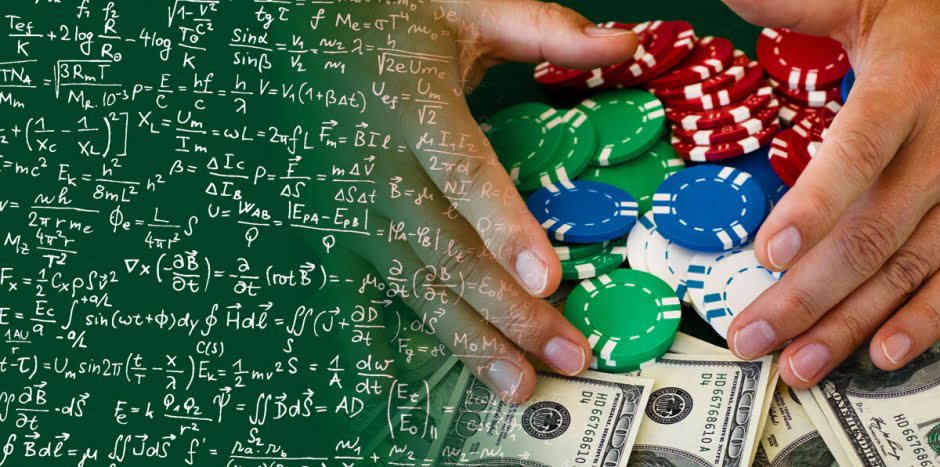
How to calculate the probability of events in gambling?
Different gambling games have unique methods for calculating probability:
- Coin Flips: A standard coin has two sides, making the probability of guessing the outcome correctly 1/2 or 50%.
- Rolling Dice: For a standard six-sided die, the likelihood of any specific side landing face up is 1 out of 6, or roughly 16.67%.
- Card Games: For a standard deck of 52 cards, the probability of drawing an ace, for example, is 4 (number of aces) divided by 52 (total cards), simplifying to 1/13 or approximately 7.69%.
- Roulette: In European roulette, which has 37 numbers including a single zero, the probability of landing on a specific number is 1/37 or about 2.7%.
Can betting systems beat casinos?
Betting systems, from the Martingale to the Fibonacci, have long tantalized players with promises of consistent winnings. However, no system can guarantee a win. While they might provide short-term success, the house edge always ensures that casinos have an overall advantage. In skill-based games like poker, players can strategically use probability to their advantage. Yet, for games of pure chance, no system can consistently outsmart the inherent odds set by the game.
Understanding probability doesn’t guarantee success, but it allows players to make informed decisions, enhancing their gaming experience and increasing the potential for positive outcomes.

